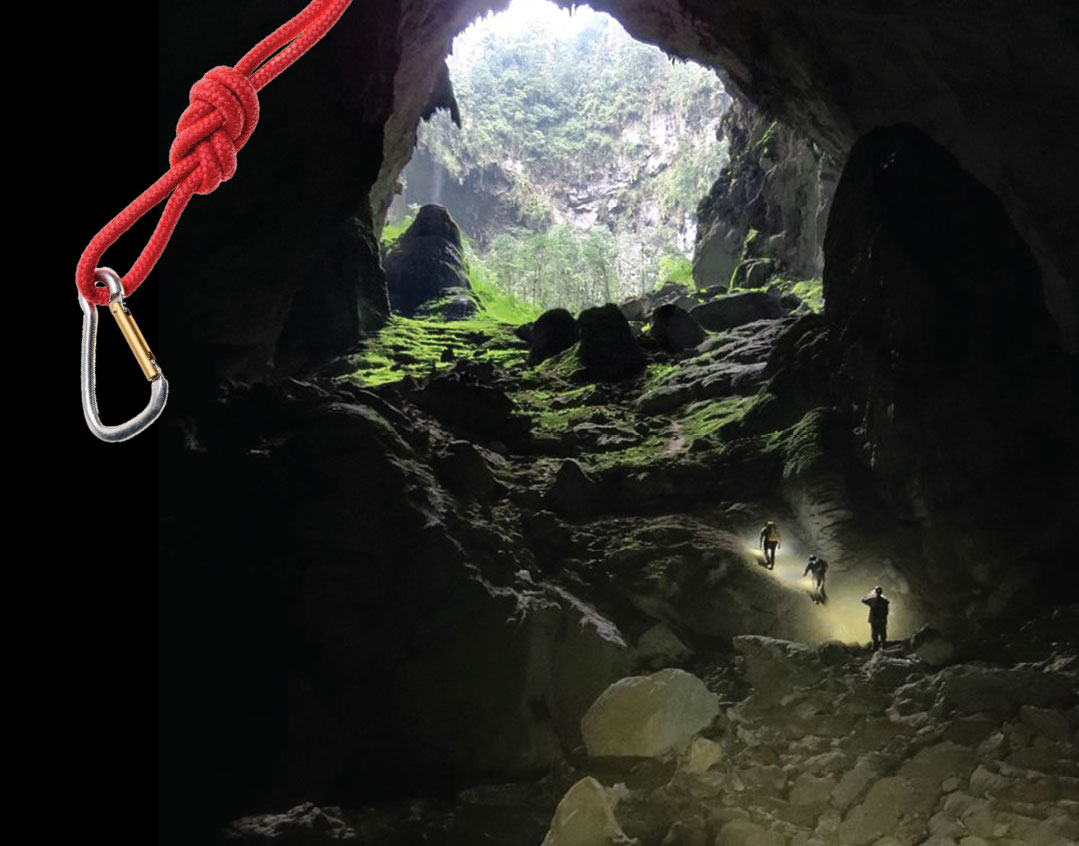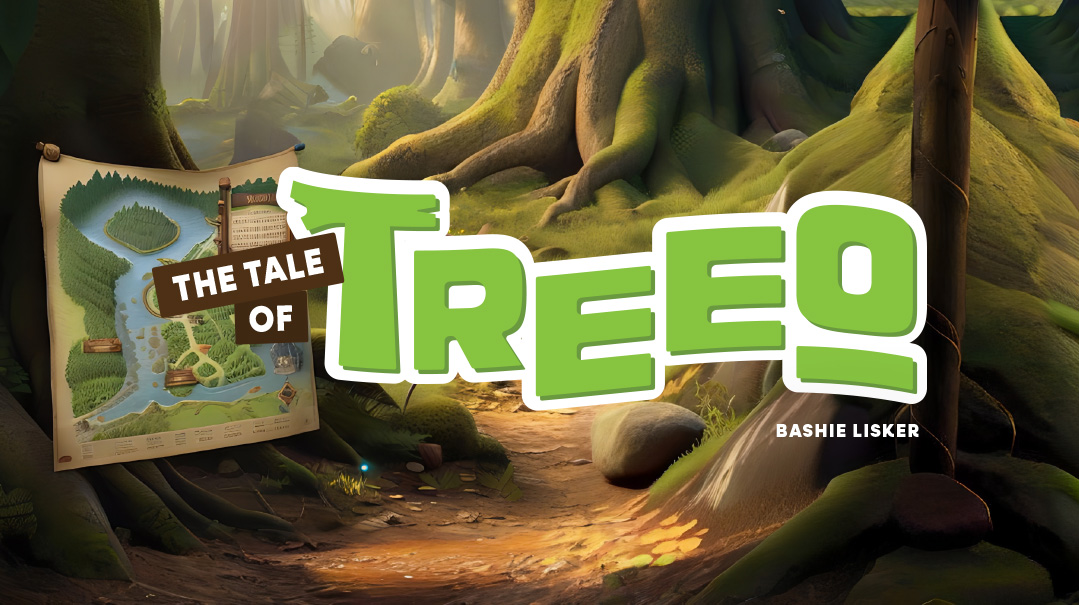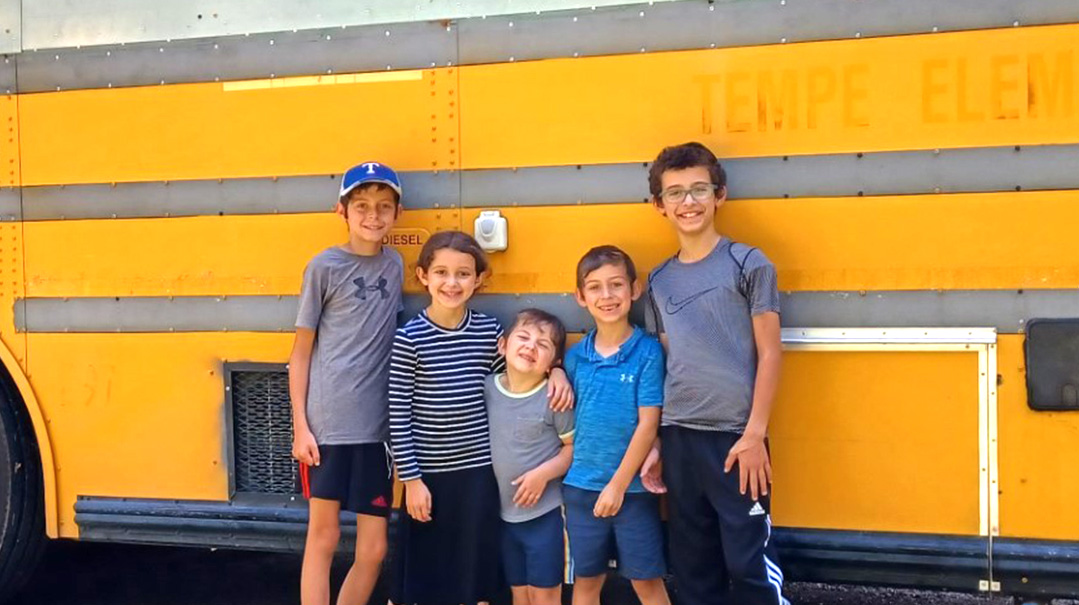Deep Down
| October 23, 2019The Limberts looked determined. “There are so many unexplored and mysterious caves hiding in those remote jungles”

“I would really love to explore those caves.”
“And we will,” Howard responded. “We will.”
England, 1989–1990
Deb Limbert slipped the paper into the envelope and sighed. “I sure hope they give us permission,” she said.
Her husband Howard looked up at her. “They have nothing to lose and everything to gain.”
“I would really love to explore those caves.”
“And we will,” Howard responded. “We will.”
The Limberts stuck stamps on the envelopes and mailed off letters, addressed to the governments of the countries of Myanmar and Vietnam, asking for permission to explore caves in remote areas of each country. Myanmar never responded, but Vietnam welcomed the cavers to come on over.
“We’ve been invited to stay at the University of Science in Hanoi,” Howard told his friends over dinner one night, as he and his wife showed off their letter from the government of Vietnam.
“Caving again?” their friends teased.
The Limberts looked determined. “There are so many unexplored and mysterious caves hiding in those remote jungles,” they said. “We want to find them, explore them, and introduce them to the world.” In addition, the Limberts thought that finding caves and encouraging tourism in the area would help the impoverished Vietnamese locals.
When Howard and Deb arrived at the university in 1990, they were given ideas of where to start. The geologists at the university suggested good places to explore, including Ha Long, Ninh Binh, and Mai Chau. The Limberts proceeded to explore those destinations and did discover some remarkable caves on that trip.
The couple continued coming to Vietnam almost every year, exploring caves and helping the Vietnamese create the enormous Phong Nha-Ke Bang National Park for tourists and locals alike. But during one of their visits years later, someone said something that would involve them in an unsolved mystery… one that would take, in total, two decades to solve.
Phong Nha, Vietnam, 1990
“Hey, Khanh, over here!”
16-year-old Ho Khanh shook his head. “No, I’m going deeper.”
“You’re crazy. It’s dangerous. There are wild animals deep in the jungle.”
Ho shook his head again. His family’s poverty was hard for him to bear. If only he could find some aloe. The resin of aloe was used to make perfume and it was very valuable. Ho wanted to find some. He would sell it and buy his family the things they needed. All the aloe at the edges of the forest was long gone, and others were frightened to venture deep into the jungle.
Not Ho.
His father had been killed during the Vietnam War, when little Ho was just a baby. He’d learned the hard way that he had to fend for himself, and take care of his family if he could. He was used to going into the jungle to look for firewood and to hunt, and had often hidden in caves when it rained. He wasn’t afraid to go deeper this time, looking for the precious aloe.
For about twelve and a half miles, Khanh walked, cutting away thick vines and picking his way expertly though the forest. At some point, he noticed that the weather was changing. The sky was getting dark, with heavy clouds rolling in. Ho realized they were in for a storm.
(Excerpted from Mishpacha Jr., Issue 782)
Oops! We could not locate your form.






